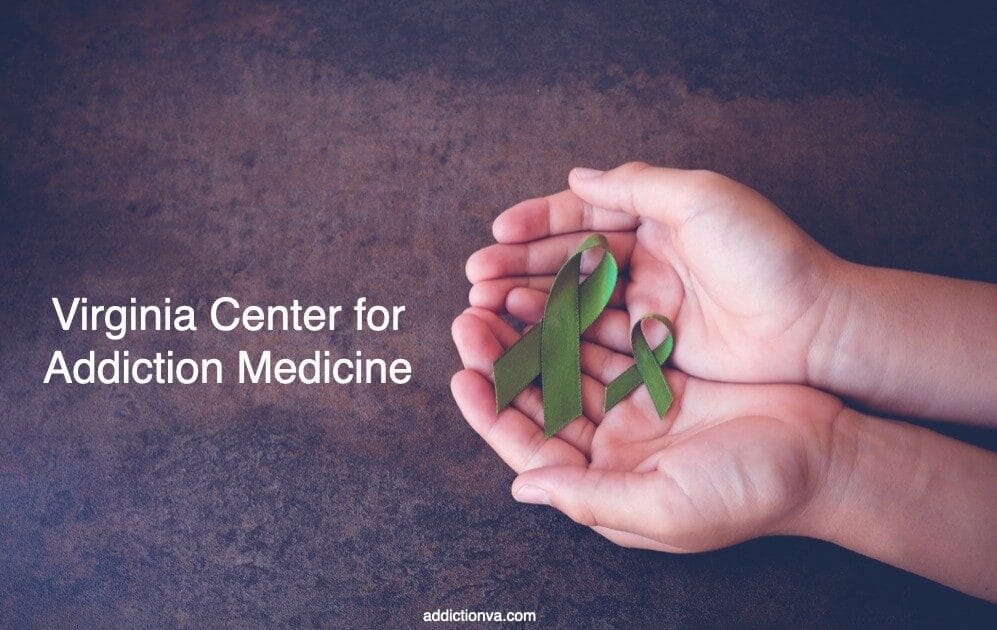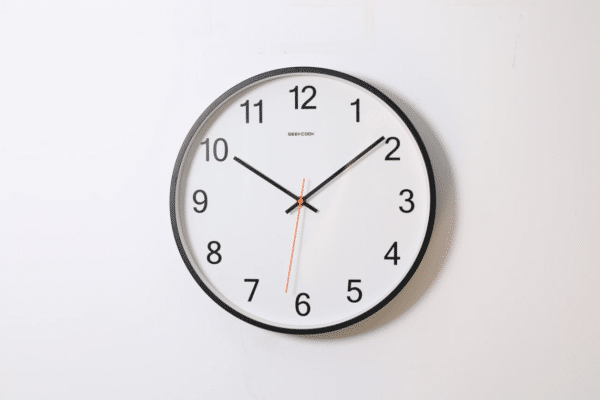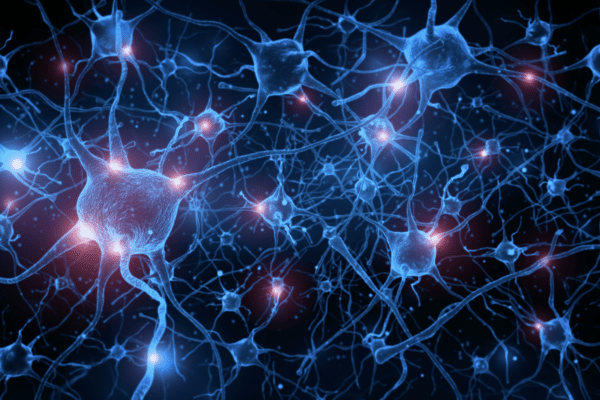How to Notice When Someone is Struggling with Addiction

As part of Mental Health Awareness Month, Master Center for Addiction Medicine is working to help raise awareness of those living with mental or behavioral health issues and to help reduce the stigma so many experience.
As part of our efforts, our team is regularly hosting speaking engagements, webinars, and virtual learning opportunities throughout the community. In a recent presentation to Markel Corporation, Dr. Andreas Bienert, our Clinical Program Director, spoke about addiction and how we can work together to recognize when someone may be struggling.
As Dr. Bienert emphasized during his recent presentation at Markel that the disease of addiction is a national epidemic—one that existed long before the COVID-19 pandemic. The COVID-19 crisis has presented increased difficulties for those struggling with mental health and substance use disorders. Here are several tips to notice when someone is struggling with addiction:
1. Lies and Secrets. One of the most common signs that someone has an addiction problem is that they become secretive, isolated, or defensive.
2. Unpredictable Mood. Alcohol and narcotics change body chemistry pretty severely, so people who suffer from drug and alcohol addiction may start acting erratically. Sudden outbursts or seemingly unprovoked shifts from positive to negative moods may be linked to substance abuse.
3. Sudden Loss of Property. When someone is suffering from drug and alcohol addiction, it triggers an obsessive, desperate need to continue consuming their substance of choice. Those substances aren’t free. If money or valuables around the house start disappearing, it’s often because someone is taking them to finance their habit. This is a potentially destructive sign of addiction.
4. Weight Changes. Fluctuations in weight are a common sign of drug and alcohol addiction, as substance abuse is known to have a major effect on appetite. As a result, eating disorders are often diagnosed in tandem with substance addiction.
5. Changes in Energy Level and Sleep Patterns. This is something that works both ways, depending on the substance in question. If you notice someone being unusually lethargic, or unusually energetic to the point of hyperactivity, this could be a sign of drug and alcohol addiction.
6. Disinterest in Hobbies and Passions. Drug and alcohol addiction is an all-consuming disease, that leaves its victims little mental capacity for anything other than feeding the habit. If you notice someone close to you simply ignoring the things that used to drive them, start asking questions about it as a sign of addiction.
7. Withdrawal from responsibilities at home/work. Drug and alcohol addiction change the way people look at their lives. Their priorities get shifted, usually in ways that aren’t particularly admirable. Someone who is normally dependable will start missing deadlines, forgetting appointments, and just generally being unreliable. When this is a sign of addiction, it is often met with a sense of general apathy about responsibilities.
If you or someone you know is struggling with substance misuse during the COVID-19 pandemic, contact Master Center for Addiction Medicine at (804) 207-8118.


